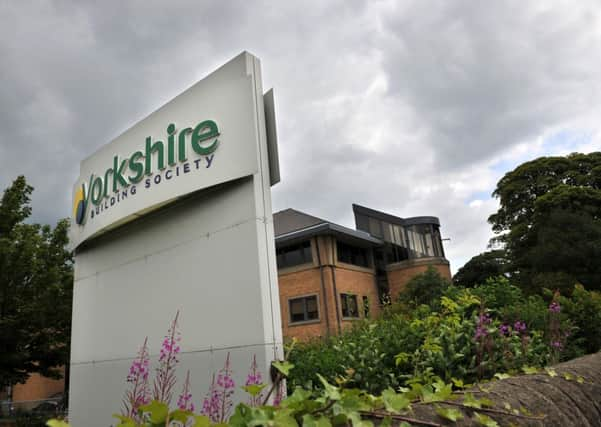Many savers falling into an advice gap


Yorkshire Building Society, the Bradford-headquartered mutual behind the research, said that there exists a “growing advice gap” in the region.
The survey questioned more than 2,100 adults in the UK, including 233 in Yorkshire. It found that 26 per cent of savers and investors in Yorkshire looking for financial advice are finding it ‘difficult’ or ‘very difficult’ to source help, despite having an average of nearly £215 a month to save or invest.
Advertisement
Hide AdAdvertisement
Hide AdThe research also found that 46 per cent of respondents believe their savings and investments are too small to interest financial advisers, while 19 per cent blame the withdrawal of financial advice services on the high street and financial advisers closing businesses.
The research among savers is echoed by financial advisers across the UK, according to Yorkshire Building Society.
Around 91 per cent of the 200 financial advisers surveyed warn of “a growing financial advice gap in the UK” with 45 per cent of them blaming the introduction of the Retail Distribution Review (RDR) and 23 per cent saying the withdrawal of advice on the high street is also making it harder for savers to find help with their investments.
RDR rules that came into effect this year and included banning advisers from receiving commission payments from product providers.
Advertisement
Hide AdAdvertisement
Hide AdThe aim was to raise professional standards within the industry and make it easier for consumers to understand the cost of advice.
However, some financial firms decided to cut back on face-to-face advice services or abandon them altogether.
People with smaller pots of money are said to have been affected the most.
The average minimum investable amount set by advisers for their clients is £48,487, according to the research. The study found 47 per cent of those with savings or investments have a kitty of less than £10,000.
Advertisement
Hide AdAdvertisement
Hide AdSimon Broadley, retail investments manager at Yorkshire Building Society, said: “The introduction of the Retail Distribution Review has been good news for customers by making it clear how much advice costs but there are wider issues to consider.
“Clearly, there is a problem when 26 per cent of people who want advice are finding it difficult or very difficult to find help. There is a definite demand among savers and investors for help that is not being met.”
He added that Yorkshire Building Society offers ‘no obligation’ initial financial service advice, but that changes in financial regulation have prompted many other high street financial institutions and advisers to withdraw advice.
Advisers expect the situation to worsen – 53 per cent expect to have to stop advising some clients as their accounts are no longer commercially viable, according to the research.
Advertisement
Hide AdAdvertisement
Hide AdMr Broadley added: “As the year has progressed we have seen increasing numbers of customers or consumers walking through our branch doors saying that they have struggled to get any form of financial advice from their existing banks and that is what prompted us to commission this piece of research to establish just how big an advice gap has been created as result of RDR.
“Banks that have maintained some form of advice service on the high street have typically introduced a minimum investment amount so you would have to have £50,000, or in some instances at least £100,000 for them to talk to you and give you some financial advice.”
Looking at the UK picture, the Yorkshire Building Society figures showed that 24 per cent of savers and investors said they were having difficulty finding financial advice, despite having an average of £242 available to save monthly. Twelve per cent of respondents said they already take professional advice.
Meanwhile, 50 per cent of Yorkshire adults are deterred from investing in equity-based products due to a lack of knowledge, according to the survey. Ten per cent of respondents in the region said they already take professional advice.
The research also found that 29 per cent of respondents in Yorkshire said they are put off saving by low rates, compared to 35 per cent across the UK.